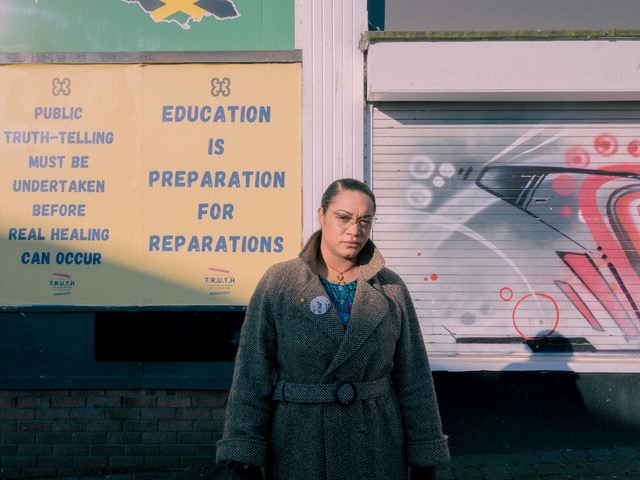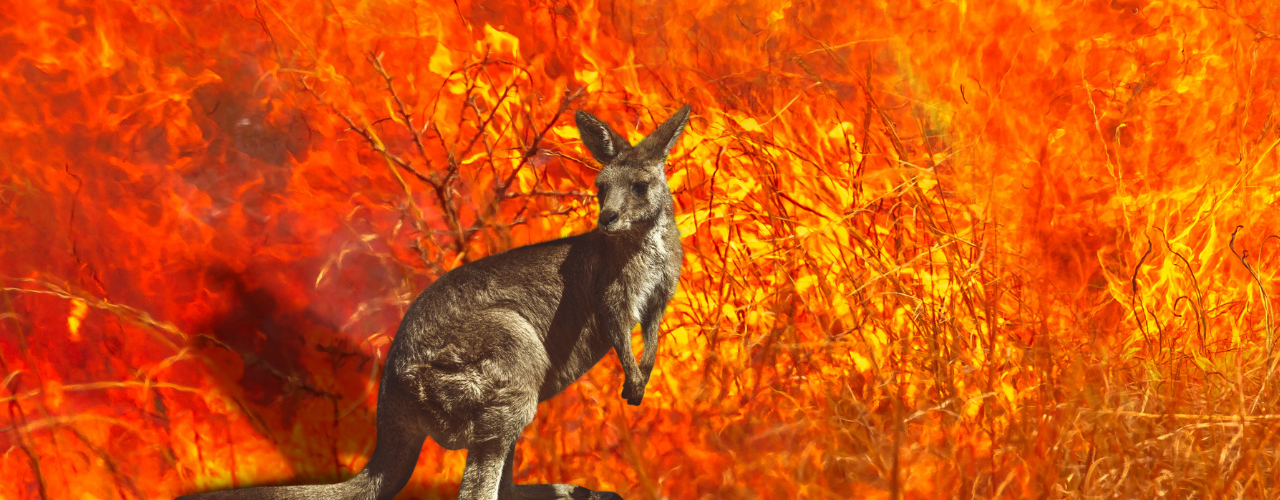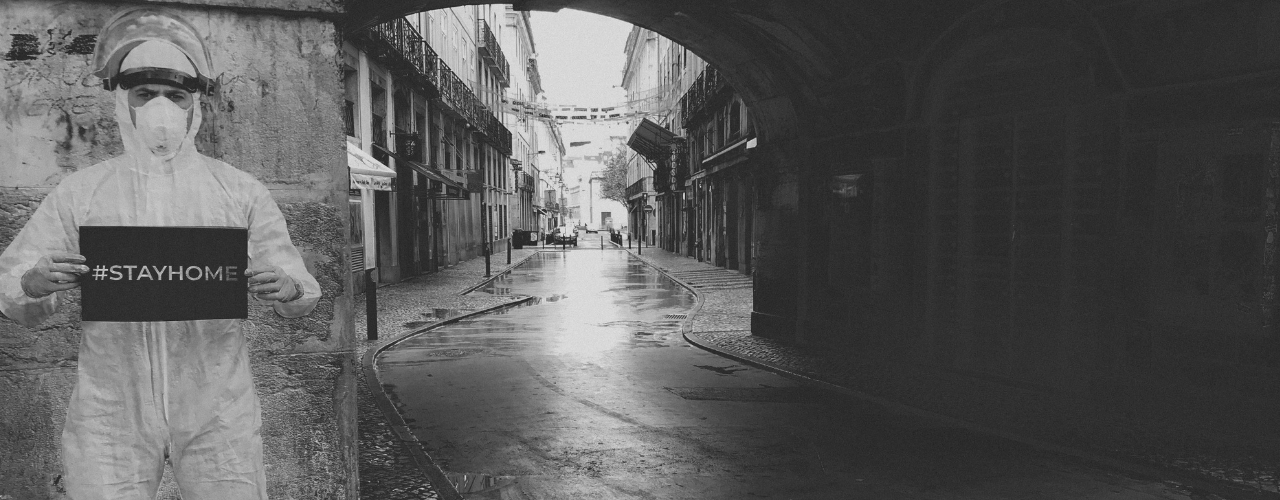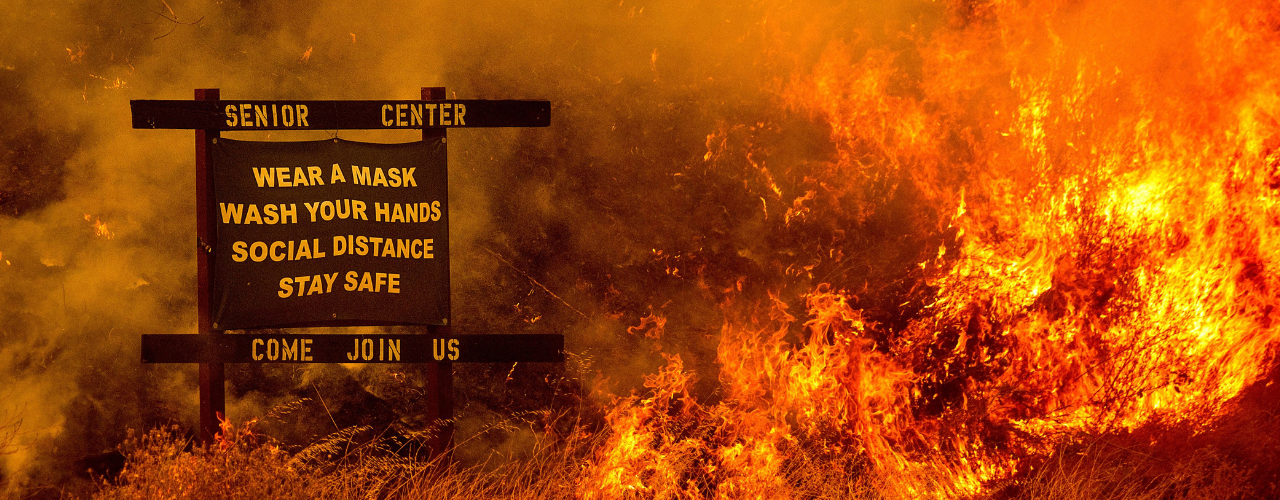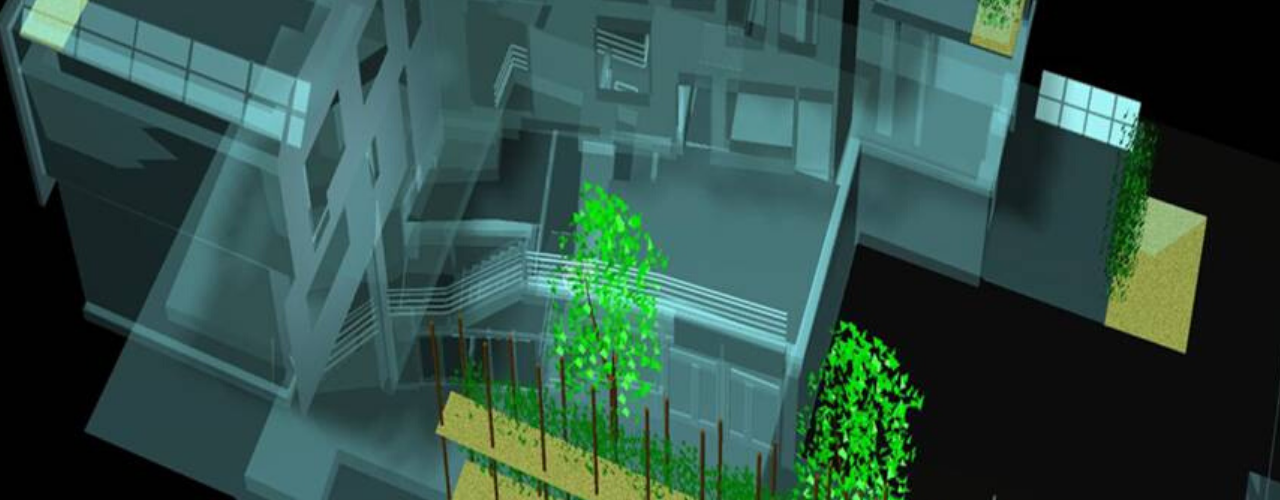
Do You Always Have to Pay Your Debts?
It is not only when debt is contracted that the ethical dimension is involved, it is throughout the repayment process. The debtor and the lender are not equal. It is not, as we say in economics, a zero sum game. The creditor expects his money to be profitable and to earn interest.


